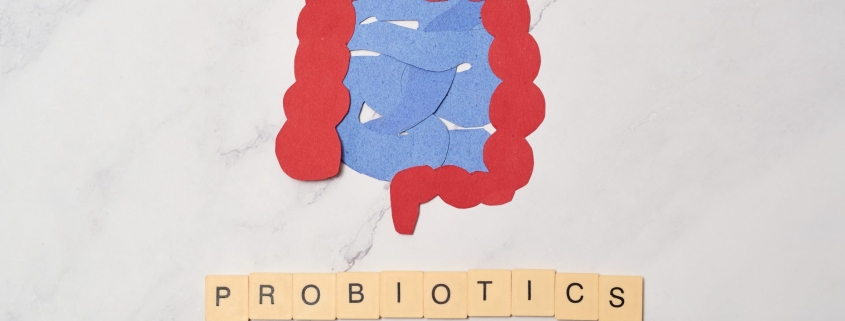Prebiotics and Probiotics: Uncovering Your Digestive Health
By Jason Pawloski, RDN | Registered Dietitian
Let’s talk more about gut health! By gut health, I mean the gastrointestinal tract and primarily speaking of the small and large intestines.
Probiotics
You might have heard about probiotics before. These are special kinds of bacteria that are good for the human body. There are many different types of these helpful bacteria living in our intestines, and we call them the “gut microbiome.”
Not only do these friendly strains of bacteria directly protect the gut barrier with a layer of mucus and help to crowd out problematic “pathogenic” bacteria, but this protective physical layer also helps maintain the integrity of the gut lining. In other words, this additional layer of a physical gut barrier further helps preserve the “tight junctions” that keep our intestinal cells and immune system functioning well.
There’s still a lot we don’t know about probiotics, like which types are best for each person. But some types, like Lactobacilli and Bifidobacteria, seem to be good for our health.
Did you know that certain strains of bacteria (i.e. probiotics) help to produce and regulate:
- Short-chain fatty acids – helps regulate metabolism of blood glucose (sugar) and fats
- B vitamins and vitamin K
- Neurotransmitters (serotonin, dopamine, GABA, and glutamate)
- Hormones
Prebiotics
On the other hand, are certain fibers found in various foods, that have been shown to serve as a direct source of energy for the protective probiotics. In other words, humans do not digest fibers or prebiotics, however, the critically important probiotics do need fiber (provided regularly in the foods we eat daily) and do digest these fibers. In turn, these prebiotic fibers directly help to fuel the probiotics and help with all the roles listed above in bullet points.
So, perhaps instead of commonly asking “are you eating healthful and balanced?”, we should be asking “are you fueling your gut well?”. Schedule an appointment with a NOAH Registered Dietitian for more education on how to manage a healthy gut.





